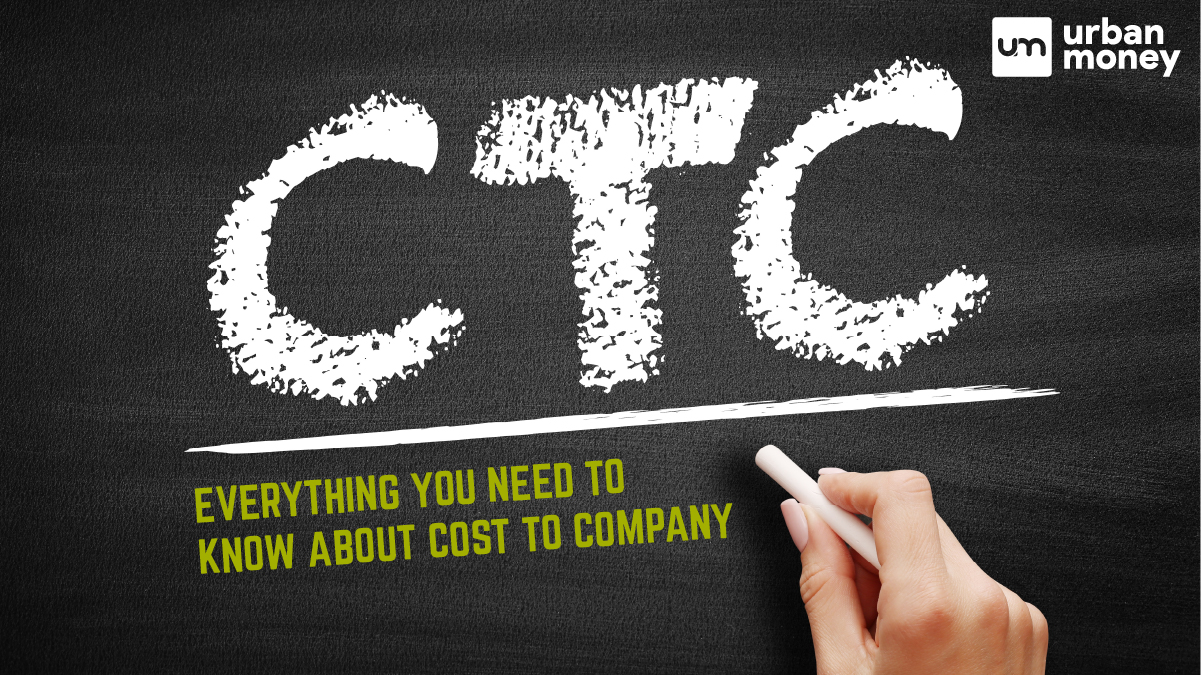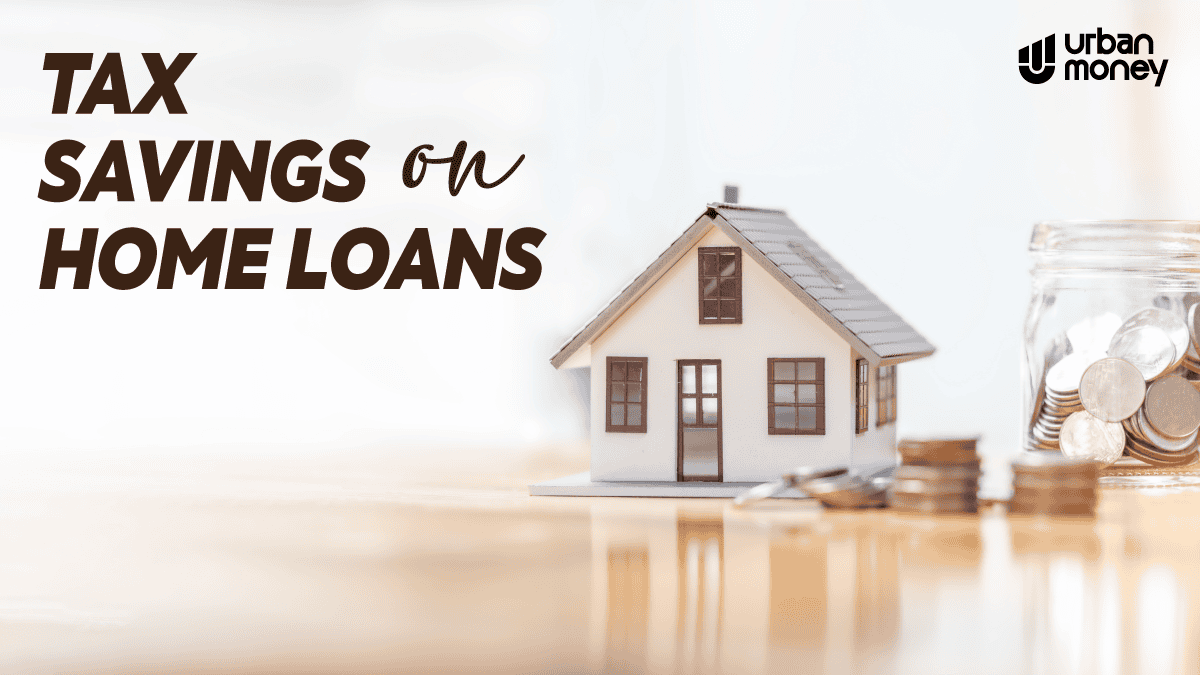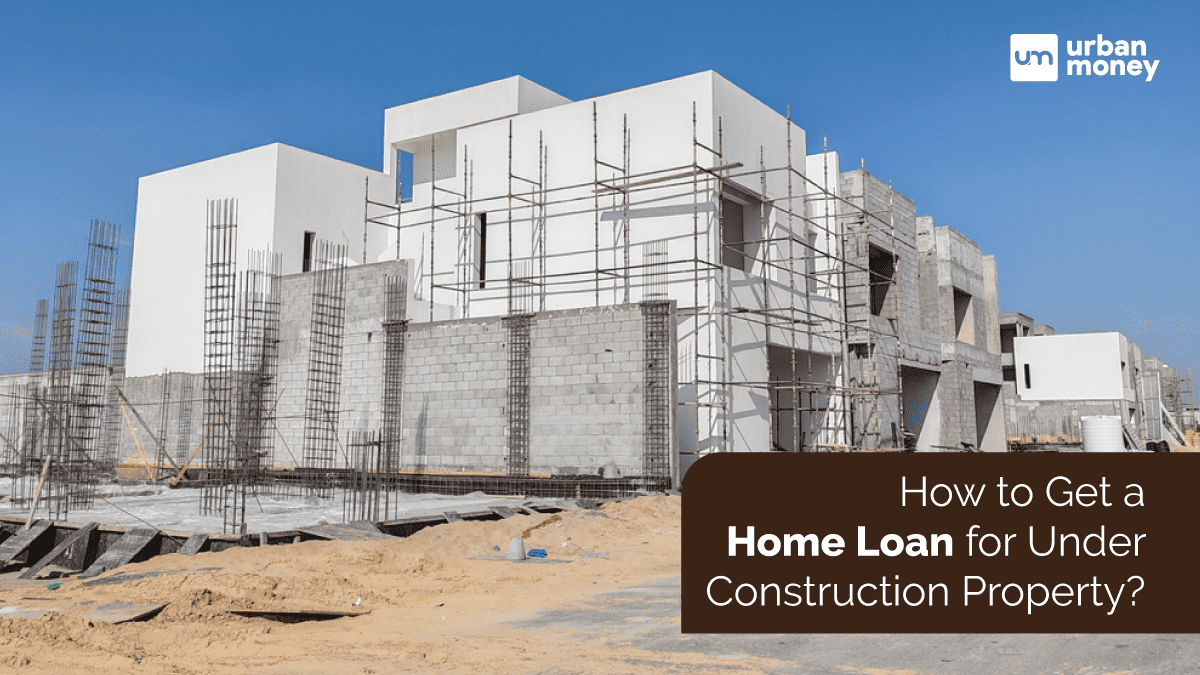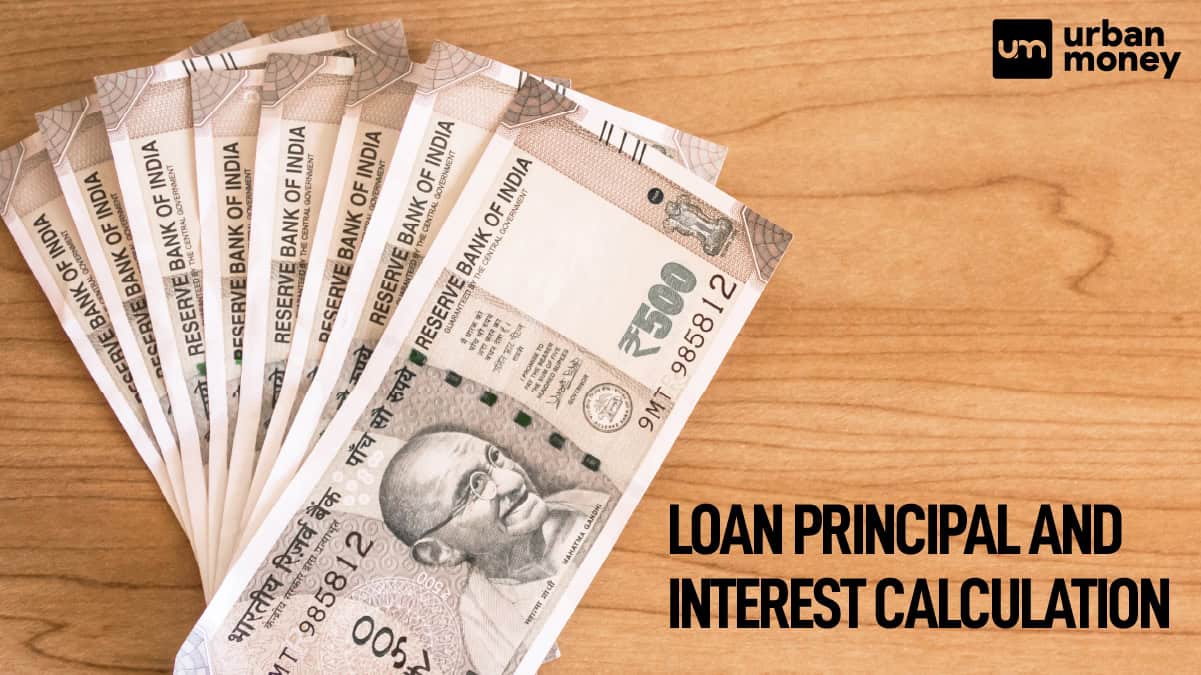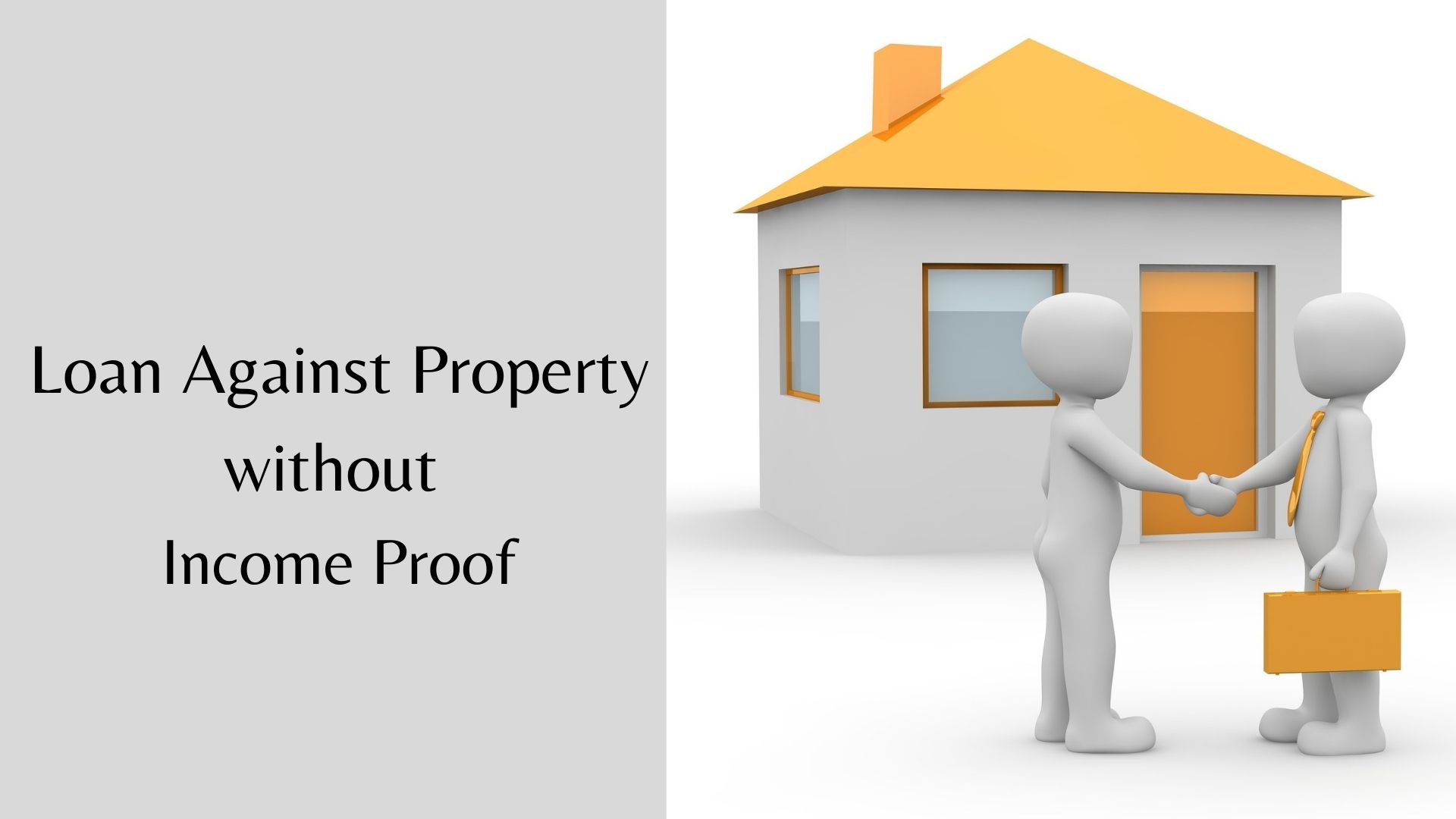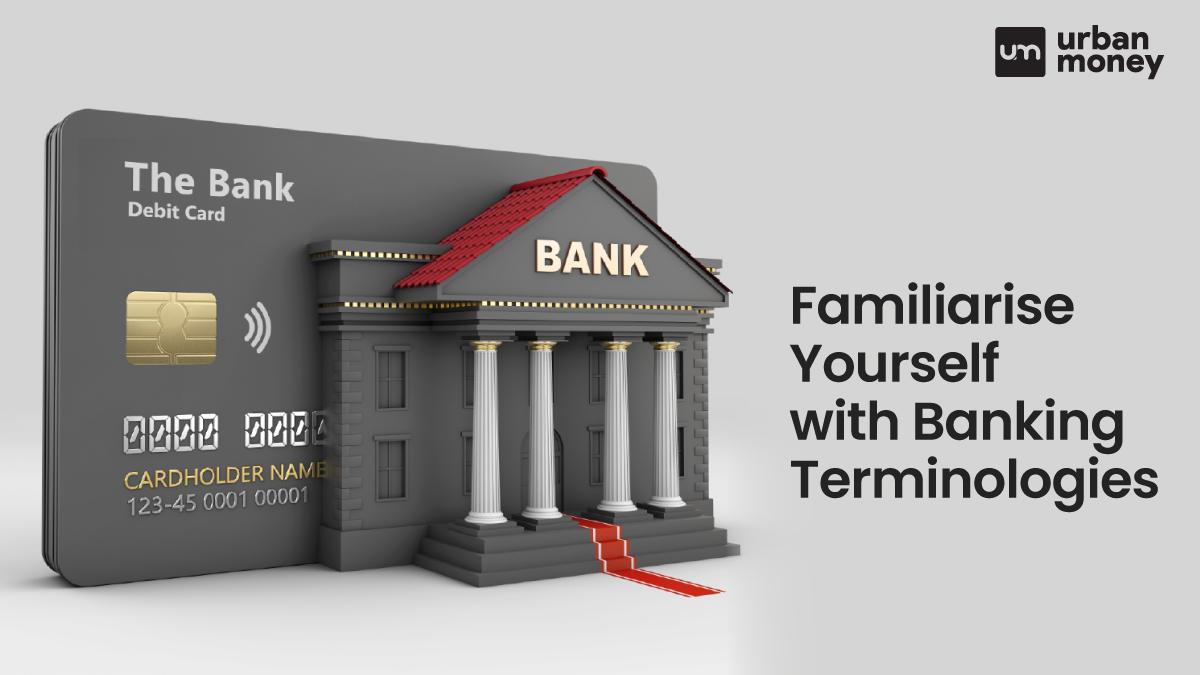Top 10 Best Private Banks in India List 2025
January 09, 2025
Home Loan Archive | Leasehold Property Ownership

July 24, 2023
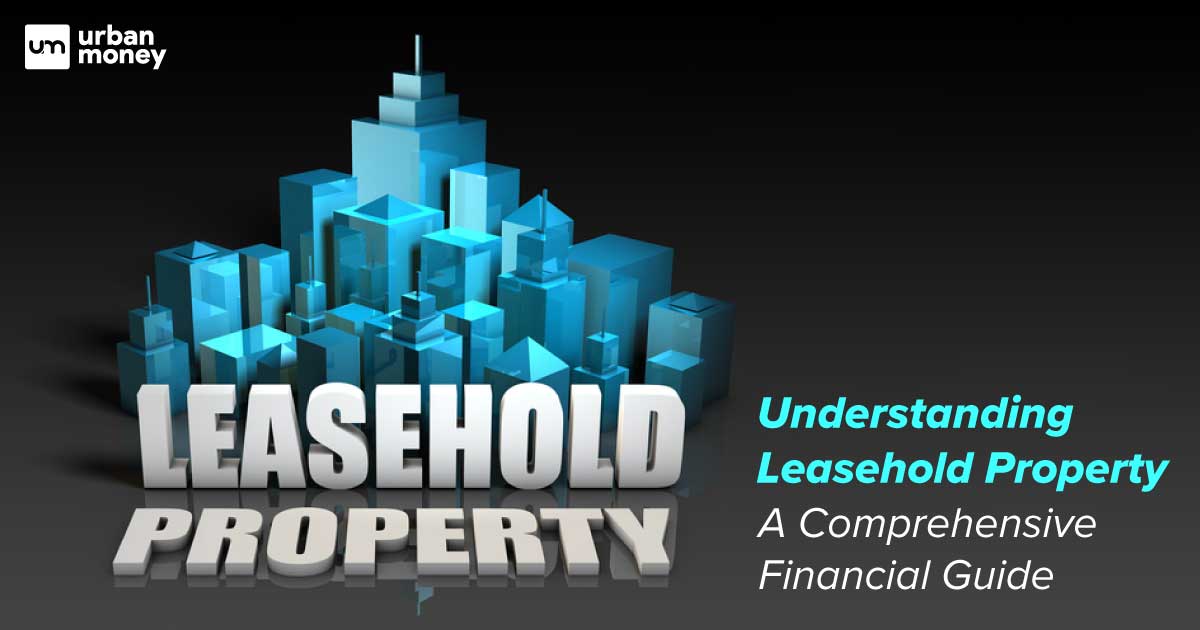

Are you considering purchasing a property? If so, you may come across the intriguing term “leasehold property” as you explore your options. But what exactly does it mean? Well, let’s unlock the mysteries and possibilities that leasehold properties present.
Leasehold property bestows upon individuals the right to occupy land or a building for a predetermined duration without granting ownership rights. The ultimate owner of the property, usually a government agency, retains ownership as a freehold property. And there may be a rent or a ground rent for a lessee to pay the lessor. That exactly what’s leasehold property means. Notably, Leasehold properties are particularly prevalent in urban areas where land is scarce and carries a hefty price tag. And they commonly manifest in the form of apartment buildings, townhouses, and specific developments.
Having gained a preliminary understanding of leasehold properties, let us now embark on an extensive exploration. In this comprehensive guide, we’ll explore the difference between freehold and leasehold property, the merits and demerits of leasehold property, address prevailing concerns that pertain to leasehold property, and provide invaluable insights to empower you in making well-informed decisions. Regardless of whether you are a novice purchaser or a seasoned investor, prepare to embark on a journey through the intricate domain of leasehold property ownership.
Table of Contents
ToggleA leasehold property is a sort of property ownership that entails a contractual agreement between the buyer and the landowner. Within this agreement, the buyer, also called the lessee, acquires the right to use and occupy the property for a specified period, typically ranging from 30 to 99 years. Meanwhile, the owner of the land, also called the lessor or the freeholder, retains ownership of the land and receives regular payment or rent from the lessee.
Besides, the terms and conditions of the lease are determined by a legal document called the lease deed. This crucial document serves to define various aspects of the leasehold property, including the duration of the lease, rent amount, maintenance responsibilities, transferability, and other pertinent details. And when the lease expires, the property reverts to the freeholder unless the lessee opts to seek an extension or renewal of the lease. This provides an opportunity for the lessee to continue their occupancy, subject to negotiation and agreement between the parties involved.
| Noun | Leasehold Property | Freehold Property |
| Ownership | The buyer is granted restricted ownership rights | The buyer enjoys absolute ownership |
| Duration | Predetermined duration, typically ranging from 30 to 99 years | Indefinite duration, ownership is not limited by time. |
| Land Ownership | The landowner (lessor) retains ownership of the land | Freeholder holds complete ownership of the land |
| Rent/Lease Payments | The lessee is required to make regular rent or ground rent payments. | No rent payments required |
| Transferability | Transferability is limited and subject to the terms and conduction of the lease | Transferability is unrestricted and freely allowed |
| Modifications | Lessor’s permission may be required for property modifications | Modifications can be made without any restrictions |
| Renewal or Extension | The lease can be extended or renewed after expiration, but it ultimately remains at the discretion of the lessor. | Not applicable, as there is no time limit on ownership |
| Pledge credit | Financing for a property may be challenging for many banks; typically, if the lease period is less than 30 years | Getting finance from banks is easier for freehold properties |
The safety of purchasing a leasehold property is contingent upon various factors. These encompass the lease duration, the terms and conditions of the lease agreement, the reputation and reliability of the owner, as well as the prevailing market value and demand for the property. Therefore, before proceeding with acquiring a leasehold property, it is highly recommended to undertake comprehensive research, seek guidance from a legal expert, and engage in negotiations to secure the most favourable deal possible. Ultimately, by approaching the purchase process with due diligence, one can ensure a safer and more informed investment in a leasehold property.
In conclusion, leasehold properties offer unique opportunities and considerations for property/home buyers. Understanding the terms of the lease agreement, evaluating the costs involved, and considering long-term implications are pivotal for making well-informed decisions. By equipping yourself with knowledge and seeking professional advice, you can navigate the leasehold property market with a sense of assurance and confidence.
Yes, it is possible to get a bank loan on a leasehold property, but it is contingent upon several key factors. These include the duration of the lease, the terms and conditions of the lease agreement, the market value of the property, and the creditworthiness of the borrower. However, in general, financial institutions prefer properties with a lease length of above 70 years. And it is important to note that obtaining a loan for a property with less than 30 years remaining on the lease would be considerably more challenging.
Buying a leasehold property meaning, acquire the rights to utilise and inhabit the property for a specified period outlined in a lease agreement. Namely, the buyer does not possess full ownership of the land but rather enjoys exclusive rights to the property during the lease term.
A prime example of what leasehold property is defined as an apartment situated in a multi-unit building, where each individual unit is held under leasehold agreements with the building's freeholder.
In certain cases, leasehold properties may be eligible for conversion to freehold through a process called leasehold enfranchisement. However, this process typically entails meeting specific eligibility criteria and incurring associated costs, which should be carefully considered. Do banks give loans on leasehold property?
What does it mean to buy a leasehold property?
What is an example of a leasehold property?
Can a leasehold property be converted to a freehold?










© 2025 www.urbanmoney.com. All rights reserved.

Need Loan Assistance?

Thank you for showing your interest. Our agent will get in touch with you soon.





